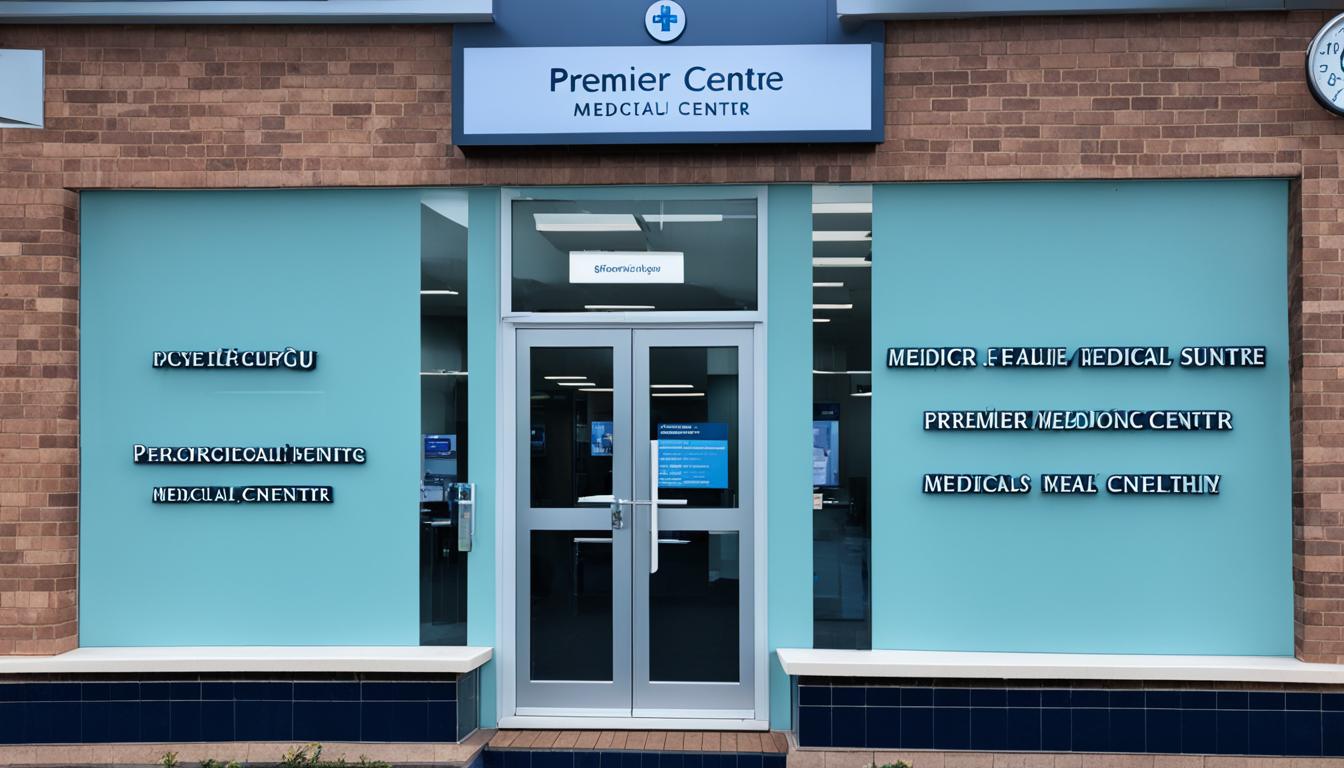Most medical records offices operate Monday through Friday during standard business hours, usually opening between 8:00 and 9:00 a.m. and closing around 4:00 or 5:00 p.m. To get your records hassle-free, it’s best to schedule an appointment or request them online if available. Knowing their hours and methods guarantees a smooth process. Keep going to discover how to make your record requests even easier.
Key Takeaways
- Check the facility’s website or contact directly to confirm specific office hours before visiting.
- Schedule an appointment to ensure prompt service and reduce wait times for record retrieval.
- Request records via online portals for faster processing and 24/7 access.
- Be aware that complex or legal requests may take up to 15 business days to process.
- Know the fees and contact details of the Records Office to streamline your request process.

Medical Records offices typically operate Monday through Friday during standard business hours, with most opening between 8:00 and 9:00 a.m. and closing around 4:00 or 5:00 p.m. Knowing their hours helps you plan your visit or request, but keep in mind that record request delays can occur, especially during busy periods or if your request requires extensive processing. To avoid unnecessary delays, it’s best to utilize online portals or phone requests when possible, as these methods often streamline the process and reduce wait times. Additionally, ECU remapping and other digital tools can sometimes be used to verify and expedite your record requests electronically. However, if you need in-person records or have special requirements, scheduling an office appointment can help ensure you’re served promptly and don’t face unnecessary delays or long waits. Office hours are typically posted on facility websites or provided upon request. When you schedule an appointment, you can clarify your needs directly with the staff, which often results in quicker processing. Many offices accept requests via phone, fax, mail, or their secure online portals—some even offer downloadable request forms for added convenience. Using electronic request systems like portals or apps can reduce record request delays, as your request is logged immediately and processed efficiently. If you submit in person, there’s a chance you’ll get your records the same day, provided the request is straightforward. For complex or legal requests, processing times typically extend up to 15 business days, especially for insurance or legal documentation, so plan accordingly. Most facilities now offer online access to your medical records 24/7 through secure portals or mobile apps, making it easier to view, download, or share your records anytime. These online systems support request submissions and allow you to specify delivery preferences, further speeding up the process. Keep in mind, though, some information may still require contacting the office directly, especially for special or sensitive records. Fees vary depending on the length and type of record, but many offices cap charges—like a $25 fee for a two-year abstract—making it more affordable to obtain your copies. Reaching out to the right department, often the Release of Information or Health Information Management team, ensures your request is handled smoothly. They provide contact details, including phone numbers, fax lines, and mailing addresses, to facilitate your request. Office appointment scheduling can help you avoid record request delays, especially during peak times or if you need urgent access. Customer support teams are available to assist you with form completion, online portal navigation, or answering questions about fees and processing times. By understanding the office hours and available methods, you can get your records quickly and hassle-free, whether through an appointment, online request, or direct contact.
Frequently Asked Questions
Can I Request Records Outside of Office Hours?
Yes, you can request records outside of office hours through options like online portals, secure messaging, and mobile apps, providing after hours access. For emergency requests, many providers have support numbers or emergency contact info to expedite your need. Using these tools, you can access or request your medical records anytime, ensuring your urgent needs are met promptly without waiting for regular office hours.
How Long Does It Take to Get Copies During Office Hours?
During office hours, your timing expectations for getting copies of your records typically range from a few days to two weeks, depending on the provider and request complexity. Processing duration can be quicker if you use services like ChartRequest, which can deliver records within hours. Keep in mind, delays may happen if records are stored off-site or additional verification is needed. For urgent needs, contact the Medical Records Department directly.
Are There Fees for Obtaining Medical Records?
Imagine needing your records urgently, only to find record fees might add up, especially if you require many pages. Yes, there are fees for obtaining medical records, but fee waivers may be available for specific cases, like social security claims. These fees vary by jurisdiction, and understanding them helps you avoid surprises. Always ask about record fees and possible fee waivers to guarantee you access your records without unnecessary costs.
Can I Authorize Someone Else to Collect My Records?
Yes, you can authorize someone else to collect your records through a record authorization process. You’ll need to complete a proxy authorization form, providing details about the third party, like their name and SSN. This allows them third-party access to your records. Make sure the form is fully filled out and submitted properly, as processing may take a few days. This way, you control who can access your medical information.
What Identification Is Needed to Access My Records?
To access your records, patient verification requires you to present a valid, unexpired government-issued photo ID like a driver’s license or passport. Some facilities accept state-issued non-driver IDs if they meet evidence standards. Your ID helps guarantee record security by confirming your identity before releasing sensitive information. Always provide your full name, date of birth, and possibly your patient or medical record number to facilitate accurate verification and protect your privacy.
Conclusion
Don’t delay—determine your doctor’s office hours and decide to drop by during designated times. By being prepared and punctual, you’ll prevent puzzling pauses and potential problems. Remember, hassle-free healthcare hinges on having your health history at hand. So, stay savvy, stay scheduled, and seize the simple, straightforward steps to secure your medical records smoothly. With a little planning, you’ll power through the process peacefully and promptly, leaving you more time to focus on your health.










